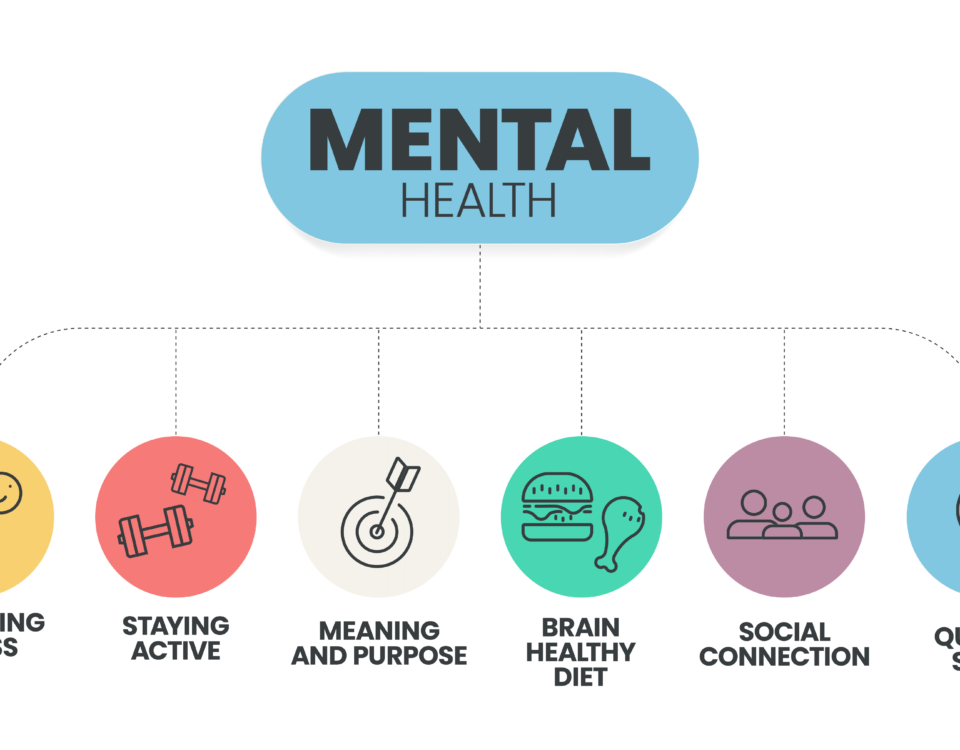Fears about paying for drug rehab shouldn’t keep a person from getting the help they need to turn their life around.
At Banyan Treatment Centers, we believe that all who are in need should have the chance to heal with trained professionals. We also know there are many programs and opportunities that make paying for rehab much easier for patients. Certain individuals may qualify for community-based rehabilitative funding. Others can work with us to create a treatment payment plan. Continue reading for tips on how to pay for rehab and the resources in place to help you do that.
How Much Does Rehab Cost?
Rehab costs substantially vary based on several variables, including the kind of treatment program, the duration of stay, the facility's location, and the amount of luxury offered. Inpatient therapies can cost anywhere from $5,000 to $50,000 or more for a 30-day stay, while outpatient programs typically cost between $1,000 and $10,000. Even more expensive recovery facilities exist, with some charging as much as $100,000 per month. People who cannot pay for treatment may be eligible for financial assistance programs or a rehab payment plan. We suggest that those curious about what the cost might be for them or their loved one reach out to our addiction treatment centers. In doing so, they can learn how much rehab may cost them.
Questions about our Facilities or Programs?
Our admissions coordinators are available 24/7 to answer any questions you may have as you consider whether treatment at Banyan is right for you or your loved one.
Does Insurance Pay For Rehab?
Whether insurance covers rehab or not depends on several factors, such as the insurance policy, the type of rehab, and the level of care needed. Most insurance policies provide coverage for substance abuse and mental health treatment, including rehab, to at least some extent. The amount and type of coverage may vary based on the individual policy. Know that the Affordable Care Act requires that all insurance policies cover substance abuse treatment as an essential health benefit.
However, even though policies must cover treatment, some insurance plans may limit the number of days or visits covered or require preauthorization before starting treatment. Therefore, it is essential to verify the coverage details with the insurance provider before starting rehab. Stipulations that may prevent insurance from covering your rehab include network limitations, coverage duration limitations, and preexisting conditions.
In general, insurance companies are more likely to cover evidence-based rehab programs and those which offer a high level of care. Inpatient rehab programs, which provide 24-hour care in a hospital or residential setting, are typically more expensive than outpatient programs, but these may have a higher likelihood of being covered by insurance.
Outpatient programs, which involve regular visits to a treatment center or therapist, may also be covered by insurance. Ultimately, the level of coverage and the type of rehab will depend on the individual policy and the severity of the addiction or mental health condition. We encourage you to contact our team at Banyan Treatment Centers for insurance verification.
How to Pay for Drug Treatment
Some people may need help paying for rehab if their insurance doesn’t cover rehab or they have a remaining balance. The cost of rehab can be offset by several programs. First, many patients get help from friends and family to assist in paying for rehab. This rehab payment approach can include fundraising with the help of friends and family or taking a loan from a loved one to pay for treatment.
Many communities and groups support people when it comes to paying for rehab care. For example, Native American reservations will often pay for the drug and alcohol treatment their residents need to get and stay sober. If you are a member of any social, ethnic, or religious community, we suggest checking to see if there are any resources available.
Payments plans are another useful option for those in need of financial assistance. Payment plans may entail spreading out the expense of treatment over a longer period of time by paying a portion of it each month. Some addiction facilities may also provide sliding scale fees, which modify the cost of care in accordance with the patient's income and capacity to pay. It's crucial for patients and their families to review payment choices with the rehab facility and their health insurance provider to find the best way to pay for treatment.
Getting into treatment is easy with our free insurance verification
"*" indicates required fields
Taking Time Off for Addiction and Alcoholism Treatment
Now that you know how to pay for addiction treatment, it’s important to find out how to take time for treatment. Most states have requirements for employers to provide workers with leave of absence time for medical needs, and getting addiction treatment falls within this required time-off territory. According to the Family and Medical Leave Act (FMLA), leave must be granted for substance abuse treatment per the referral of a healthcare provider.1 If your employer is refusing to permit your leave of absence for addiction treatment, you may be able to contest their denial of this request. It is also worth keeping in mind that missing work because of substance abuse alone will not qualify for this leave, only if treatment is actively being pursued.1
Many students take a semester off from school to get treatment, or they start the treatment process during a break period. Knowing how to pay for alcoholism treatment and how to get time off for treatment are some of our most common drug rehab FAQs.
If you have more questions about how to pay for rehab, the programs we offer, or anything else regarding treatment, call our Banyan rehab locations at 888-280-4763 today.
Source
- US Dept of Labors - Family and Medical Leave Act Advisor
Related Reading








